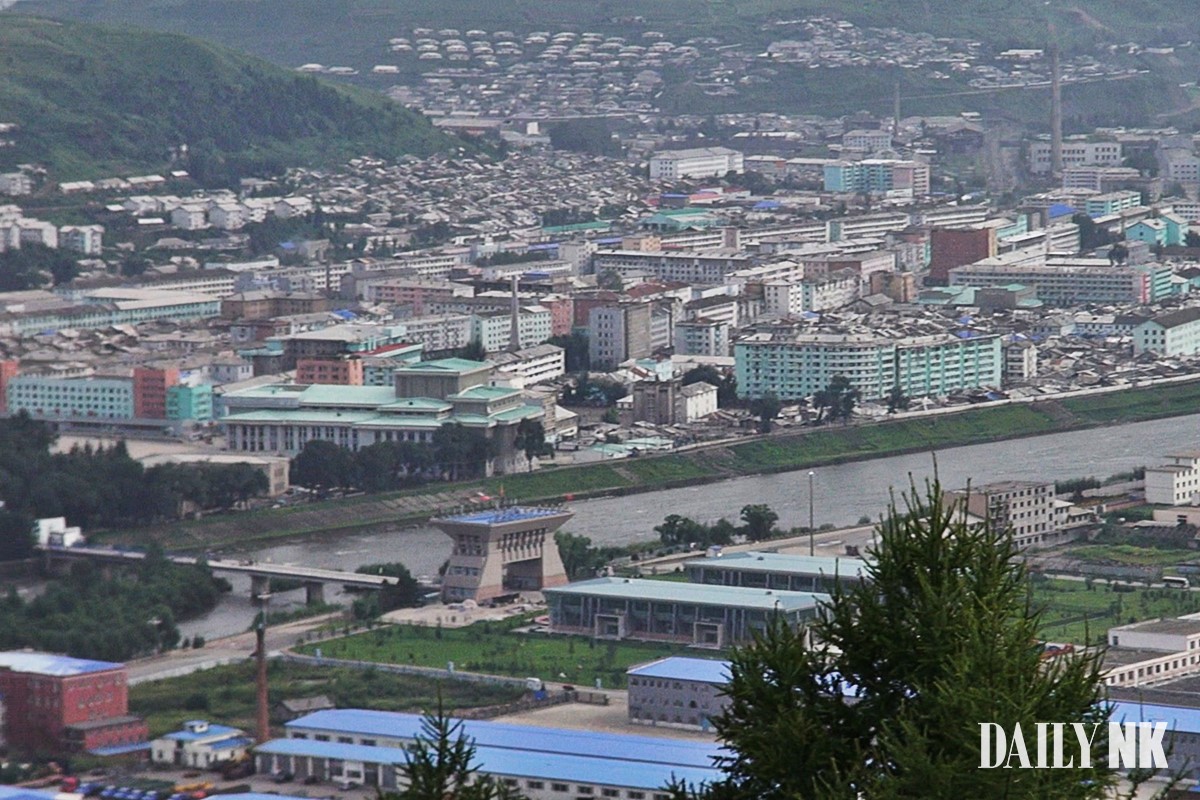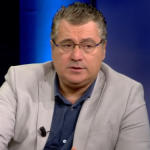The prosecutor’s office in Ryanggang province has launched an investigation into police corruption targeting year-end performance goals, but the probe is spiraling in unexpected directions as officers expose each other’s wrongdoing in a desperate bid for survival.
A Daily NK source in Ryanggang province reported recently that “the Ryanggang province prosecutor’s office has been intensively investigating police officers’ bribery, abuse of authority and other corrupt acts since Oct. 20,” adding, “Some prosecutors facing year-end performance pressure collected evidence of corruption against one or two police officers through residents, but as it increasingly turns into a mutual exposure battle, the situation is becoming complicated.
“Police officers are so closely tied to locals that prosecutors can easily uncover their corruption by approaching people,” the source said. “Especially those who harbor ill feelings toward police officers seize the opportunity to reveal corruption details to prosecutors, hoping to pay them back for past grievances.”
‘If I go down, you’re coming with me’
In fact, some prosecutors at the Ryanggang province prosecutor’s office began digging into police corruption to boost year-end performance. Based on evidence secured from residents, prosecutors summoned the officers for questioning, but as the accused flatly denied the charges while exposing other officers’ corruption, the investigation scope has unexpectedly expanded.
As an atmosphere has recently spread within North Korea to strongly punish corrupt acts by so-called “law officials” such as police and state security officers, those caught with evidence of corruption and facing punishment are adopting a “drag everyone down with me” strategy as they become psychologically cornered, the source explained.
“Police officers under investigation are exposing other officers’ corruption with an ‘I’m not going down alone’ and ‘if I die, we die together’ mentality, and as a result, the number of corruption suspects keeps growing,” the source said.
“Prosecutors who initially tried to uncover corruption by one or two officers to boost year-end performance are now facing headaches,” the source added. “Not only has the investigation scope and range expanded, but they’ve reached a situation where they can’t punish some and let others off, making things difficult in many ways.”
Tension grips security forces
Currently, palpable tension has formed among police officers in Ryanggang province. Officers are anxious that their corruption might be exposed by colleagues and are watching with bated breath to see what punishment prosecutors will impose if corruption charges are confirmed.
“Among law officials, there’s probably not a single person who hasn’t committed corruption,” the source said. “In a reality where what the state provides is hardly enough to support a family’s livelihood, those who don’t take bribes are actually treated like fools.
“Right now, this issue could potentially spread to become a provincial-level problem, so there’s a high possibility the prosecutor’s office will see it’s better not to make things bigger and just let it pass with a simple warning,” the source continued. “This investigation has only deepened conflict between the prosecutor’s office and the security department and increased distrust among police officers.”

















